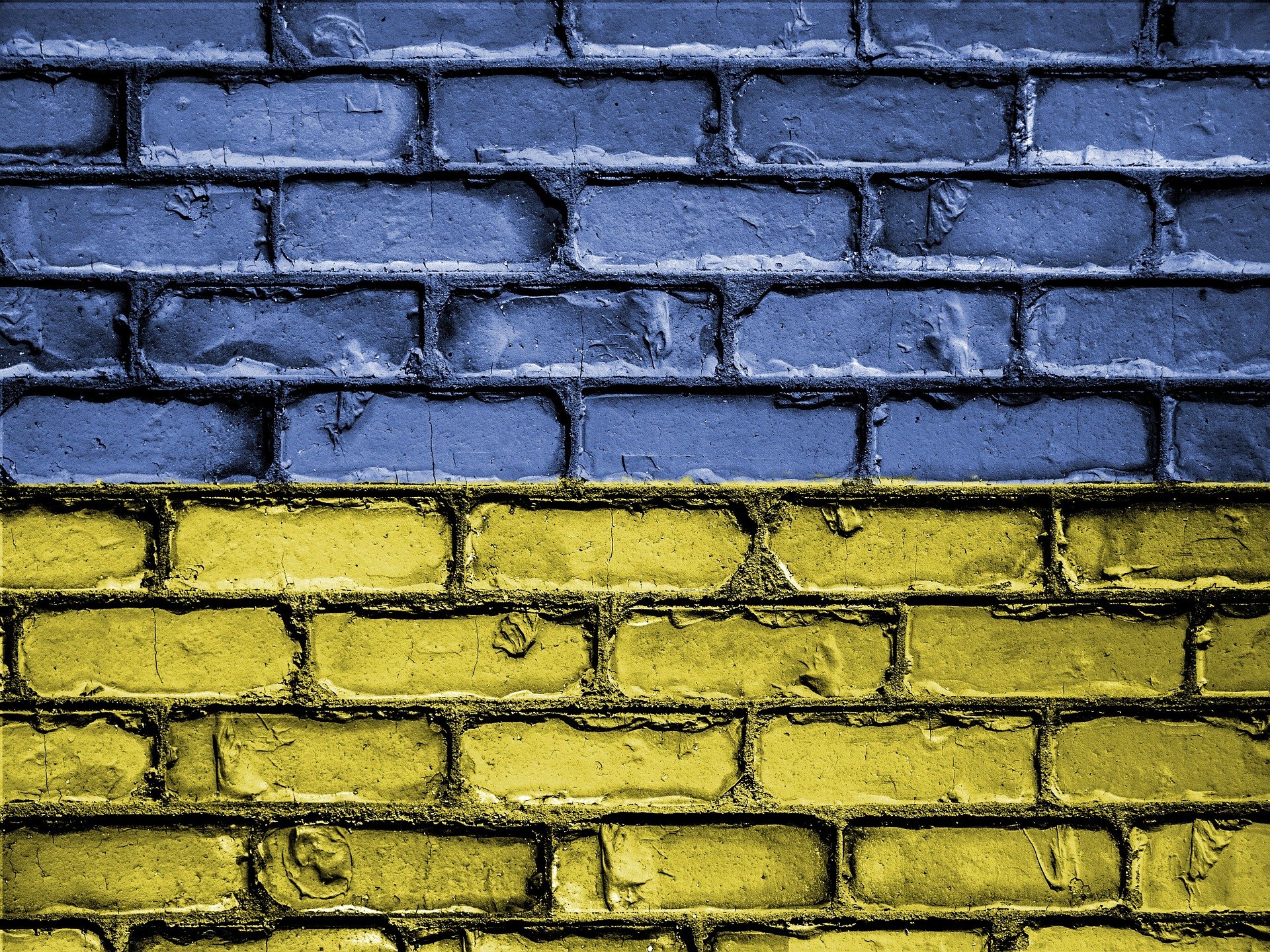Like so many people, I am worried by the humanitarian crisis that the Russian invasion of Ukraine has caused. As a result, I have been thinking about how I can help as a financial planner.
I’m sure that many of us will have reached the conclusion that we can help financially in some way, and some of us may be thinking of making substantial donations. In fact, many of us may have made donations and may now be thinking about how best to top up our bank account balances. Whilst we may feel a bit helpless, using some of our financial assets to provide necessary supplies to those in need means that we can hopefully make a positive contribution.
Having said that, the last thing I would want you to do, as a result of your generosity, would be to pay more tax, or contribute to the profits of an investment or insurance company, by paying extra charges to withdraw your money.
I’m sorry to say that the Russian invasion hasn’t stopped people from trying to steal your money, and fraudsters will see your generosity as an opportunity. Sadly, our desire to help may make us more vulnerable, so it is particularly important to be careful about who we give money to. It goes without saying that you should be careful about protecting your financial information when making donations.

Whilst the last three months or so haven’t been great for investments, it’s fair to say that the returns achieved in the last few years have surpassed expectations, so many of us are in a better financial position than we would have anticipated.
So, here are a few tips about how best to fund a substantial donation:
- Avoid taking money out of investments that will give rise to a tax charge. Cashing in an investment could trigger a capital gains tax charge, whilst taking money out of a pension could give you an income tax charge (although it is possible to claim Gift Aid on charitable donations, which should balance this out). If you withdraw money from an ISA, there won’t be any tax to pay on the withdrawal.
- Avoid taking money out of funds and assets which have fallen in value, and which are expected to recover. This is where we can help you. We are aware that the value of shares and some other asset classes has fallen over the last few months. We expect these investments to recover their value in time, so it would be a mistake to take money out of them now – you may be turning a temporary paper loss into a real, permanent one. We can help you with advice about which assets to take money from.
- Don’t pay charges to make a withdrawal. There aren’t many investments which charge for withdrawals any more, but some older investment policies still have early withdrawal charges. Again, we can help you to avoid paying charges unnecessarily.
- If you have a company, it can make donations to charities, and claim corporation tax relief for the donation against its profit. Companies can also save corporation tax if they gift things like office furniture and equipment, computers and printers, vehicles or tools. If your company owns shares, it can give these to charity too, and save corporation tax. We’d recommend that you speak to your accountant before doing this though.
The Disasters Emergency Committee has launched an appeal to help with the humanitarian crisis, as they have done in the past with other countries. That will give you the opportunity to add Gift Aid to your donation; other charities can do this too. I’m no charities expert, so I can’t say whether the DEC is the best recipient of your gift. Gift Aid means that your donation is increased by 25%; if you are a higher rate or additional rate taxpayer, it can also reduce the amount of tax which you pay.
Some care is needed – in general terms, you can only claim Gift Aid on donations up to the amount of tax you pay. So, if your taxable income is low, or you are planning a large donation, it may be best to take some advice first. If you have invested in tax saving vehicles (like VCTs, and EISs), it is probably best to take advice before making a Gift-Aided donation. Similarly, pension contributions reduce the amount of tax you pay, so it is probably best to take advice if you have paid money into a pension in the year that you make the donation.
If you would like to explore how best to make a donation, or support the people of Ukraine, please do get in contact and we will be happy to help.
Philip Wise | philip@sussexretirement.co.uk
Managing Director and Chartered Financial Planner



